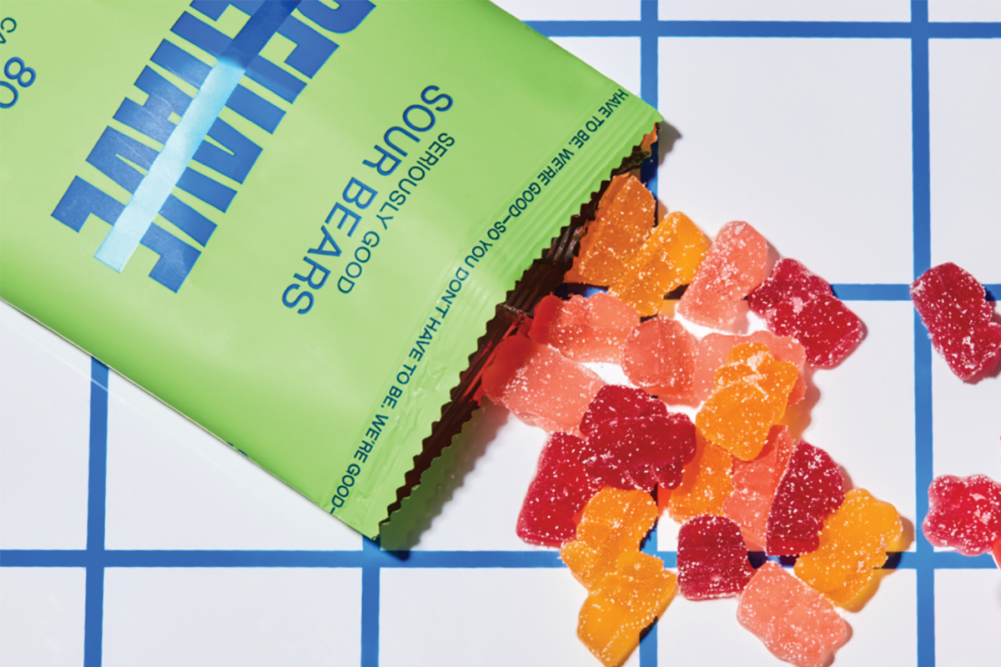CHICAGO — Variety is the spice of life — and today’s consumers are hungrier than ever for exotic flavor profiles. While brands have traditionally muted their flavors to gain a wider reach, modern shoppers are less risk averse. Now, they are turning to startups for authentic, bold taste experiences, to test their own limits and discover something new. Startups are well positioned to meet these needs — but success depends on having an efficient process for breaking boundaries to avoid becoming too niche.
For startups, the initial challenge is balancing personal taste preferences with mass market appeal. Creating the right flavor is “a combination of art and science,” said Mayssa Chehata, founder of low-sugar candy brand Behave. The brand’s extra tart tropical gummy bears were inspired by her love of sour and fruity flavors, combined with chef Elizabeth Falkner’s culinary instincts. Because startups have limited data analytics resources, they need to trust their gut and flavor instincts, Ms. Chehata explained.
As business development director for Synergy Flavors Inc., Cara Newkirk counsels brands to consider emerging trends in adjacent industries and categories, like fragrances, home products and body care. Exploring these areas can inspire brands to pioneer new flavors, while still aligning with consumer interests.
Equally important is setting parameters around flavor development. Following a process with an end goal prevents “flavor paralysis” — the inability to settle on a flavor to launch, explained Behave’s founder. Synergy suggests a four-step process, which includes trend spotting for powerful patterns, identifying relevant flavors, technical formulation of shortlisted flavors, and applying the brand filter.
Seeking expertise from a food scientist, flavor house or chef may bring a deeper understanding of ingredients and effective formulas to the process. The co-founders and chief executive officers of Truff Hot Sauce, Nick Guillen and Nick Ajluni, worked with a chef to develop small batches of their novel condiment.
Adventure-seeking audiences eager to try something new naturally gravitate away from conventional staples and toward emerging brands.
“Traditionally, we are told not to mix delicate truffle with spice,” Mr. Guillen explained.
To successfully break from tradition — while creating a product that could be easily scaled — the pair relied on professional techniques to formulate a food-safe, pasteurized product from the start. It took two years of experimenting with hundreds of ingredients, applying feedback and continuous refinement to produce the team’s truffle-chili blend.
However, putting all this effort into flavor development lacks impact without consumer feedback. Brands should have their products sampled as early and often as possible, advised Regina Trillo, founder and CEO of Nemi. Ms. Trillo drew from her Mexican heritage and mother’s cooking to inspire the authentic flavors of her unique nopal (cactus) snacks. Consumer testing allowed her to temper her fiery crisps to a market-ready spice level.
“Authenticity is an individual experience,” she said, emphasizing the crucial balance of experimenting boldly with spices, while taking the target market’s tastes and perceptions into account.
Testing can also inspire the launch of something entirely unexpected. Consumer feedback sparked the creation of Nemi’s popular sweet churro cactus crisp. Meanwhile, extensive testing gave Truff’s founders the confidence to add more truffle — and eventually launch an even spicier hot sauce. Behave’s candy bravely breaks the mold with super sour flavors.
Simply put, consumers rely on startups to push boundaries. Adventure-seeking audiences eager to try something new gravitate to emerging brands and away from conventional staples. This willingness to experiment offers an opportunity for startups to take risks, go bold and bring crave-able flavors to market.
Natalie Shmulik is the chief executive officer of The Hatchery Chicago, a food and beverage incubator.





